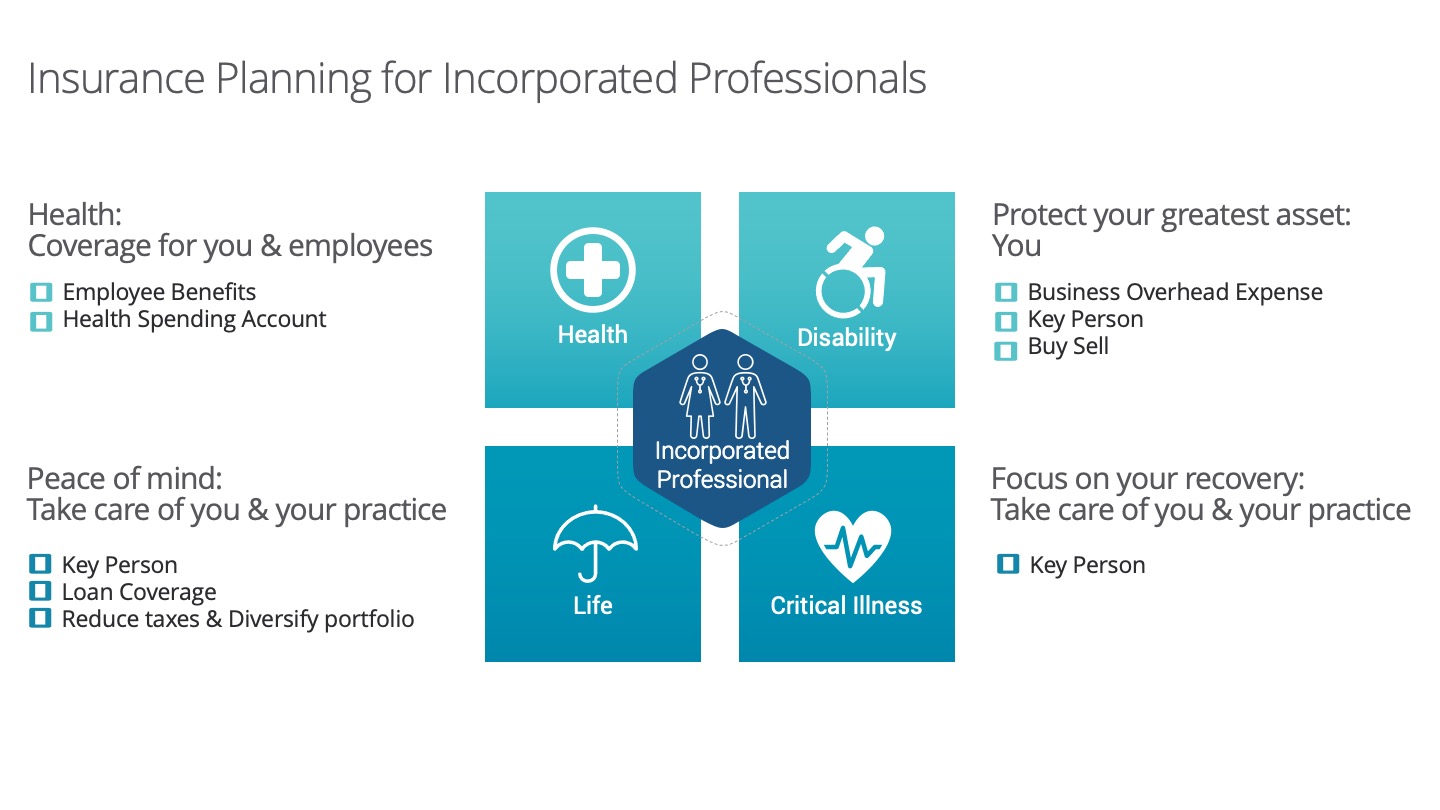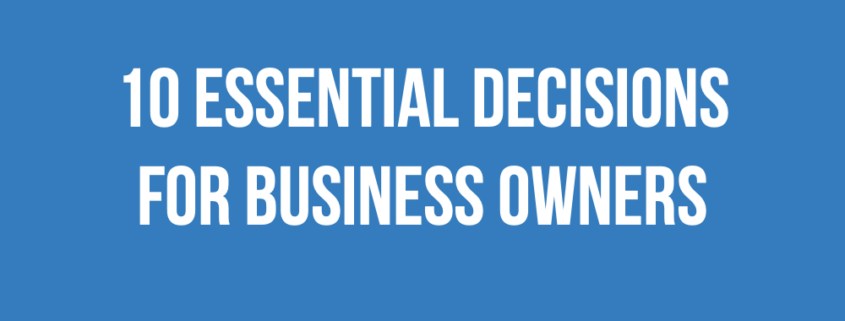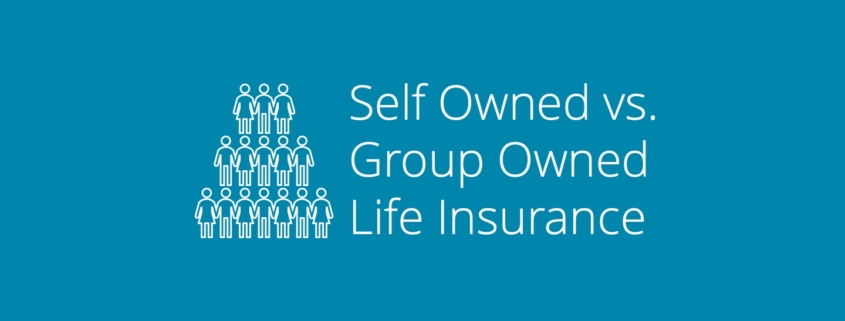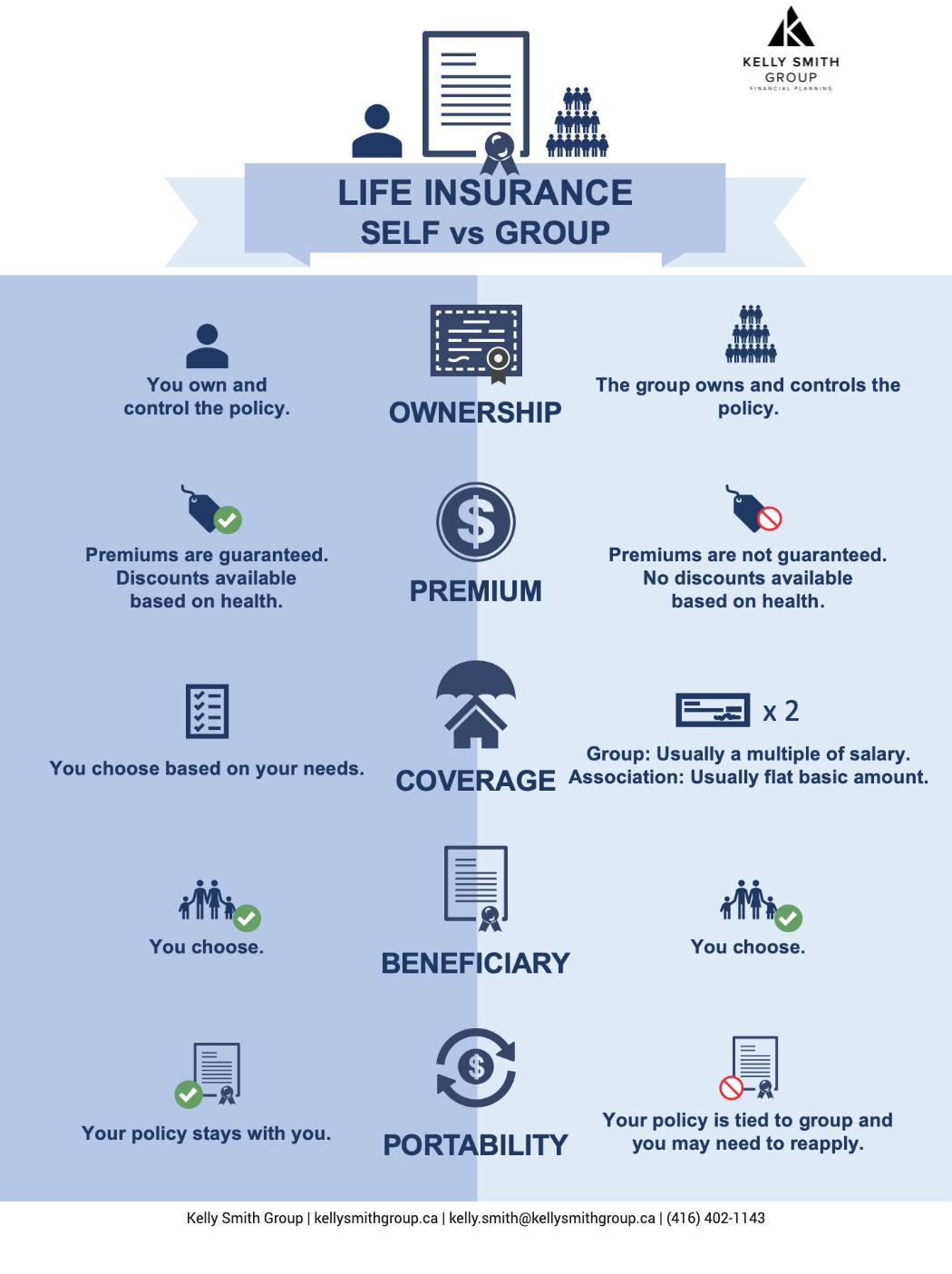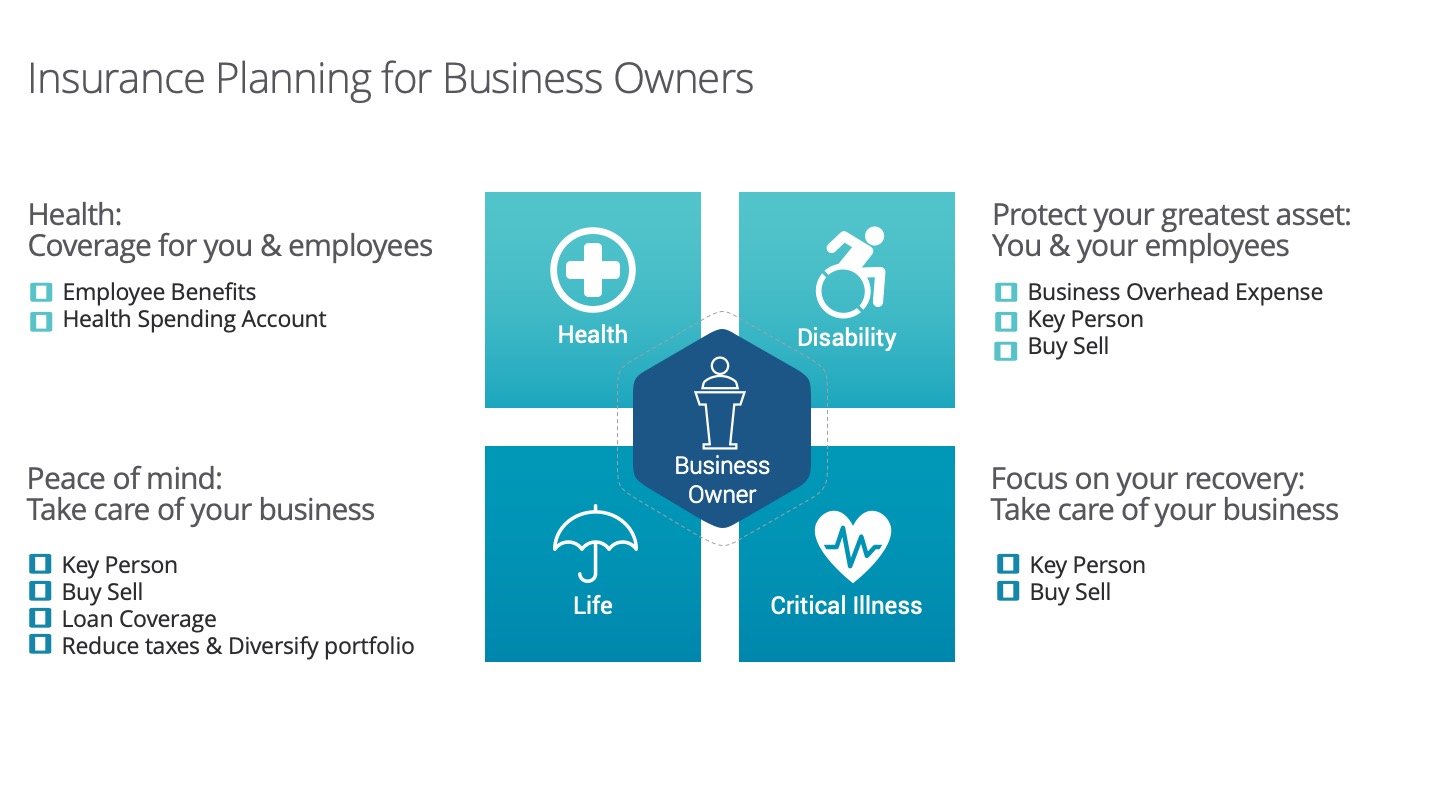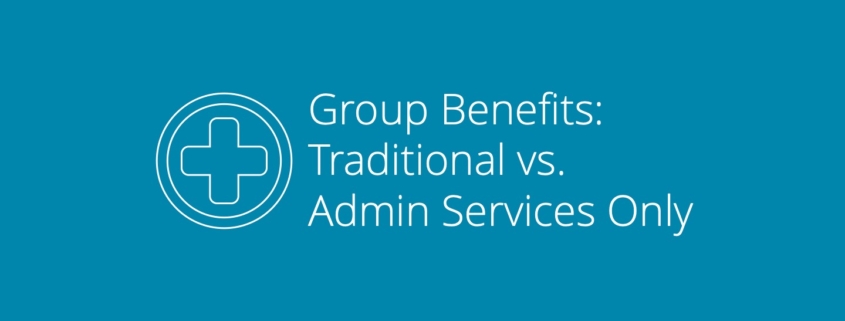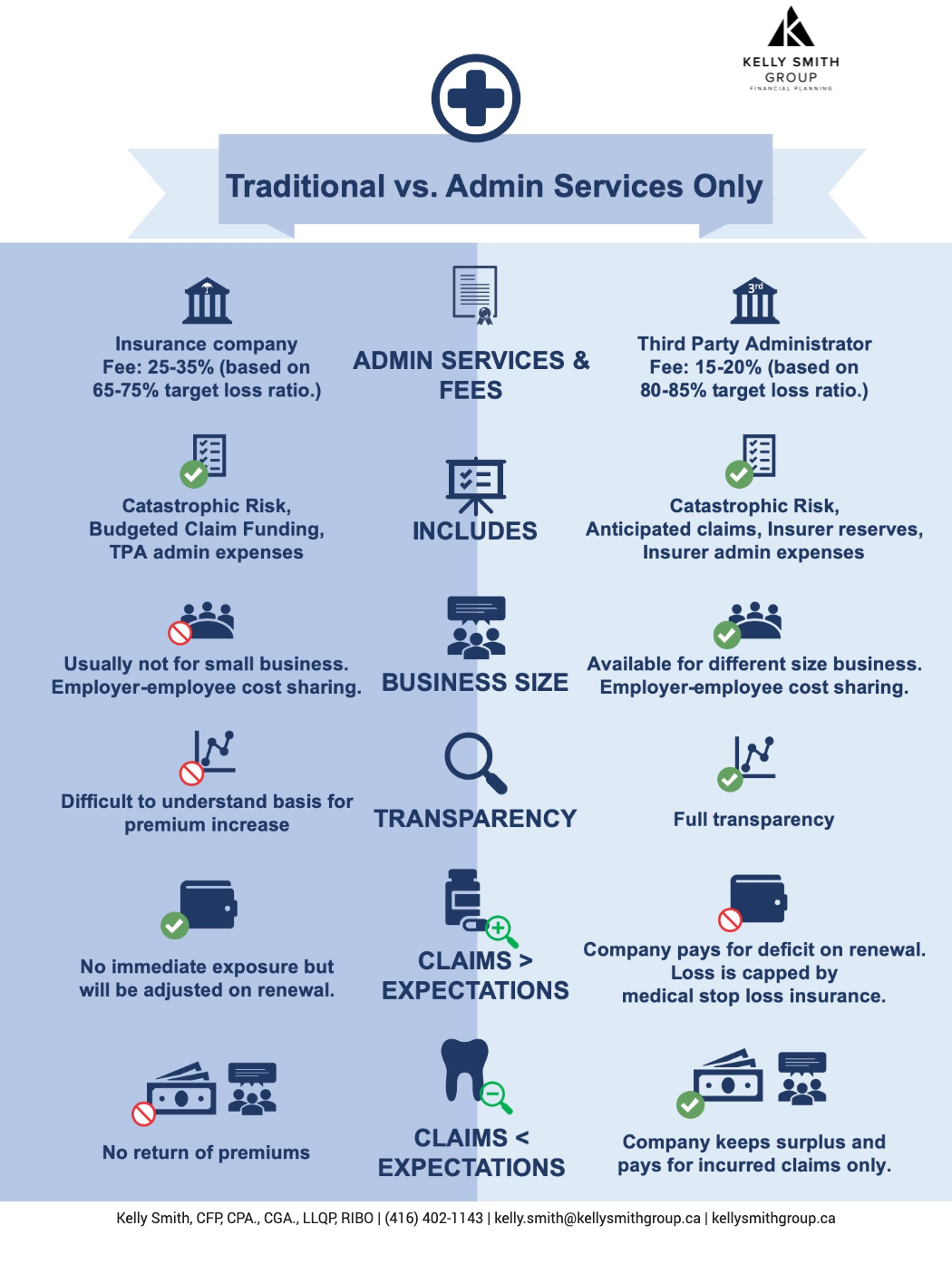The Value of Tailored Group Benefits
We are deeply committed to collaborating closely with our clients to shape a prosperous future. Our dedication to understanding our clients’ needs and our emphasis on education have positioned us as a reliable partner in delivering bespoke benefits solutions. In this article, we will delve into the significance of custom group benefits and the advantages they offer to both employers and employees.
Embracing Diversity and Individual Needs:
Every organization consists of individuals with distinct needs and situations. Custom group benefits acknowledge and celebrate this diversity. By working closely with you, we acquire a profound understanding of your employees’ individual needs and preferences. This insight enables us to craft benefits packages that address their specific requirements. Recognizing and valuing their unique differences promotes a culture of inclusion and well-being.
Enhancing Employee Satisfaction and Retention:
Custom group benefits are pivotal in elevating employee satisfaction and retention. When employees perceive that their needs are recognized and met, they tend to be more content with their benefits package. This results in heightened engagement and allegiance. By collaboratively shaping benefits, we cultivate an atmosphere where employees feel cherished and backed, fostering a positive workplace ambiance.
Maximizing Value for Your Organization:
Custom group benefits deliver substantial value to your organization. Our collaborative approach helps us grasp your organization’s distinct objectives, ethos, and financial constraints. Armed with this knowledge, we can formulate benefits packages that resonate with your specific demands and resources. By personalizing the program, we optimize the value and cost-efficiency of your commitment, ensuring that you procure the most advantageous benefits for your organization and its members.
Prioritizing Employee Well-being:
The well-being of employees is central to group benefits. Customized benefits guarantee that your workforce has access to coverage options that bolster their overall well-being. Ranging from exhaustive medical coverage to mental health assistance and wellness initiatives, we tailor the benefits package to cater to their particular health concerns. By placing employee well-being at the forefront, we foster a healthier and more dynamic workforce.
Adapting to Changing Needs:
As the requirements of employees shift, custom group benefits provide the agility to accommodate these alterations. Through sustained collaboration, we periodically review and modify the benefits scheme to ensure its ongoing pertinence. This adaptability guarantees that your benefits package remains invaluable, supporting your employees throughout their professional journey.
In summation, custom group benefits play a crucial role in carving a sustainable trajectory for your organization. By teaming up with us, we can devise benefits strategies that celebrate diversity, boost employee contentment, optimize value for your organization, and prioritize employee health. We pledge to equip you with the educational resources and tailored solutions essential for making enlightened choices that resonate with your distinct requirements. Together, let’s harness the potential of custom group benefits and set the stage for a thriving and sustainable future.
Should you have any queries or wish to delve deeper into personalized benefits solutions, our devoted team stands ready to assist. We are eager to offer the educational insights necessary to maximize your group benefits.



